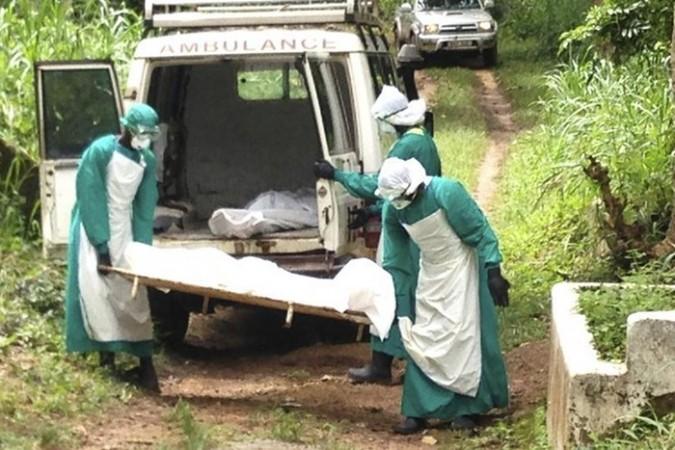
The deadly Ebola crisis in West Africa has prompted the World Bank to dole out $200 million in emergency assistance to contain the outbreak.
With 887 people having succumbed to the killer virus already, this Ebola outbreak is considered to be the deadliest ever. The toll has exceeded the 431 deaths recorded in 1976 when the virus was first discovered.
African leaders have been worried about the swift spread of the disease that first broke out in Guinea in March and soon spread to other countries in Africa. The World Bank's decision came in the light of 35 Presidents from Africa discussing the crisis in Washington on Monday, according to BBC.
The money will be distributed to the governments of Sierra Leone, that has seen the highest number of cases so far, and to Liberia and Guinea. Some part of the fund will also be directed to the World Health Organization (WHO).
The World bank's funds comes a little after the WHO launched a $100 million Ebola response plan last Friday.
According to BBC, the $200 million will be used mainly to ensure immediate health facilities for those affected, to create awareness about the disease in local communities in the three nations and to pay health workers. The fund will also be used to assist the governments to monitor the spread of the virus and to secure them against the economic impact of the health crisis.
The Ebola crisis is expected to press the already poor West African economies, with estimates by the World Bank and the International Monetary Fund suggesting that Guinea would lose one percentage point from its economic output to the epidemic.
One of the main reasons for the quick spread of the disease is the lax and ineffective quarantine of those affected, according to The New York Times.
The virus spreads from one person to another through contact with body fluids or infected blood, and a strict quarantine of the infected person is imperative to contain the outbreak.
However, even as the nations have taken measures such as shutting schools and conducting house-to-house checks for infected people, the enforcement has been lax much to the worry of health-care experts.
"It's not astonishing that it is spreading. You've got to attend to the smallest details," Walter Lorenzi, head of the Doctors Without Borders' mission in Sierra Leone told NYT as he criticized poor local effort.
The WHO has already warned that the virus is spreading faster than the efforts taken to contain it.

















